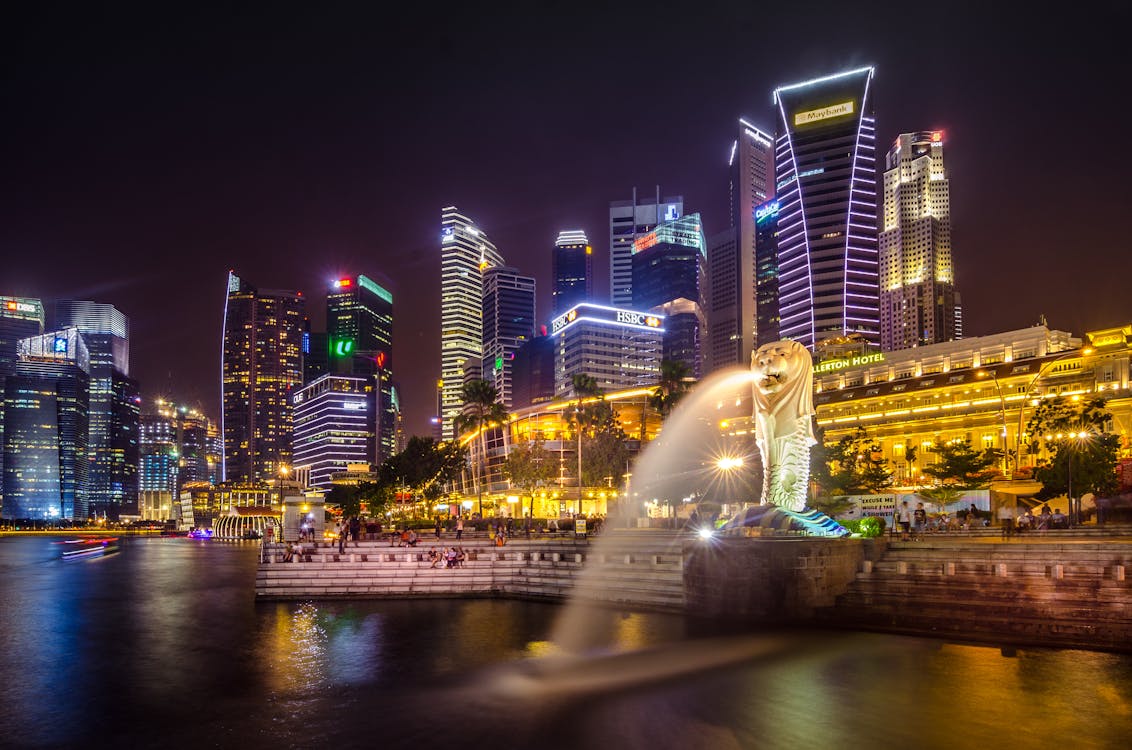Business Matchmaking in Singapore
Business matchmaking in Singapore has become a vital service for companies aiming to expand their operations in Southeast Asia. In today’s interconnected world, securing the right business partners is key to achieving success. Singapore’s strategic location, robust economy, and business-friendly environment make it an attractive destination for global businesses seeking partnerships and growth opportunities.
Why Choose Singapore for Business Matchmaking?
Strategic Location and Strong Economy
Singapore’s strategic location at the crossroads of major trade routes makes it an ideal hub for business in Asia. The city-state boasts a robust economy, characterized by stability, transparency, and innovation. These factors make Singapore an attractive destination for companies looking to expand their reach in the region.
Pro-Business Environment and Policies
Singapore is known for its business-friendly policies and regulatory framework. The government actively encourages foreign investment, offering various incentives and support to businesses. This pro-business environment simplifies the process of establishing partnerships, making business matchmaking in Singapore a highly effective way to connect with potential partners.
Access to Diverse Industries
Singapore is home to a wide range of industries, from finance and technology to healthcare and manufacturing. This diversity makes it possible for businesses in various sectors to find suitable partners. Whether you’re in a niche market or a broad industry, Singapore offers numerous opportunities for collaboration.
The Benefits of Business Matchmaking in Singapore
Efficient Partner Selection
Business matchmaking services in Singapore focus on connecting you with partners that align with your goals and values. By understanding your needs, these services can efficiently identify and connect you with the right companies, saving you time and resources.
Tailored Networking Opportunities
Networking is a key component of successful business expansion. Business matchmaking in Singapore provides you with tailored networking opportunities, allowing you to meet potential partners in a structured environment. These meetings are designed to foster meaningful connections that can lead to fruitful collaborations.
Insights into Local Market Dynamics
Entering a new market can be challenging without understanding the local dynamics. Through business matchmaking, you gain valuable insights into the Singaporean market. You’ll learn about industry trends, consumer behavior, and regulatory requirements, all of which are crucial for making informed decisions.
Steps to Successful Business Matchmaking in Singapore
Define Your Objectives
Before engaging in business matchmaking, it’s essential to clearly define your objectives. Knowing what you want to achieve will guide the matchmaking process and ensure that you connect with partners who can help you meet your goals.
Research Potential Partners
Conducting thorough research on potential partners is crucial. Look into their business history, reputation, and market presence. This research will help you identify partners who are not only suitable but also reliable and capable of contributing to your success.
Leverage Professional Matchmaking Services
Engaging professional matchmaking services can significantly enhance your chances of finding the right partners. These services have extensive networks and expertise in connecting businesses. They can facilitate introductions, organize meetings, and provide support throughout the process.
Double M: Your Trusted Partner for Business Matchmaking in Singapore
At Double M, we understand the critical role that the right partnerships play in business success. With years of experience in providing business matchmaking in Singapore and across Southeast Asia, we are your go-to experts for connecting with the ideal partners. Our services extend beyond Singapore, covering key markets such as Indonesia, Malaysia, Vietnam, Thailand, the Philippines, and many other countries in the region.
Our team is committed to understanding your unique business needs and leveraging our extensive network to find partners that align with your goals. From identifying potential collaborators to facilitating introductions and negotiations, we provide end-to-end support to ensure your success in new markets. Trust Double M to be your partner in expanding your business across Southeast Asia and beyond.

